Research Overview
Qualifications
Doctor of Philosophy (PhD) in Plant Pathology, Phylogeny & Comparative Analysis, Agricultural Biotechnology Diagnostics, 2017. PhD thesis titled, "Investigating soilborne nectriaceous fungi impacting avocado tree mortality in Australia." Queensland Alliance for Agriculture and Food Innovation (QAAFI), The University of Queensland, Australia.
Bachelor of Biotechnology (Honours), 2013, Plant Biotechnology major, First Class Honours, GPA 6.13, The University of Queensland, Australia.
Current Position
Research Officer at the Queensland Alliance for Agriculture and Food Innovation (QAAFI), The University of Queensland, Australia.
(June 2017 - present)

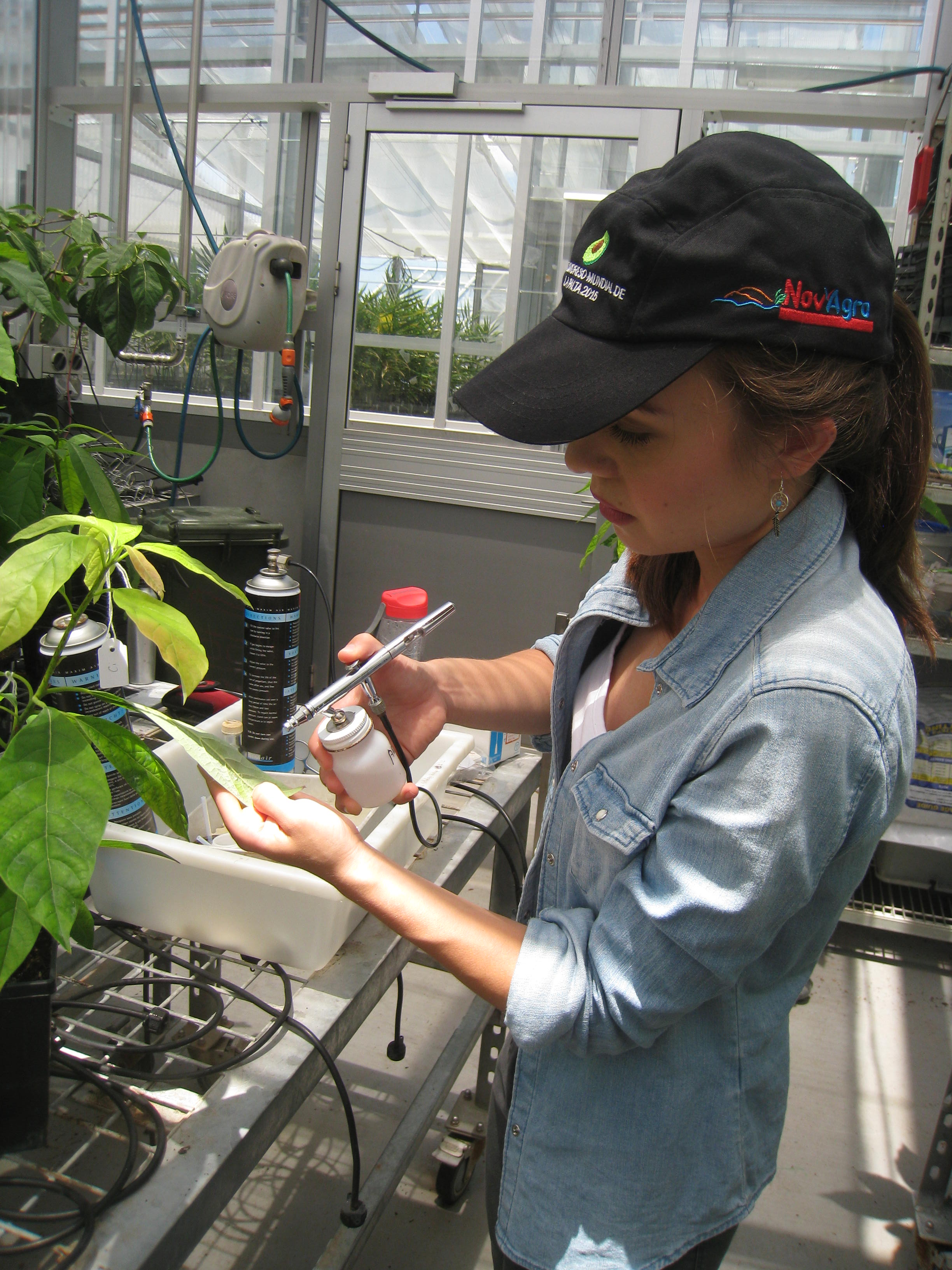
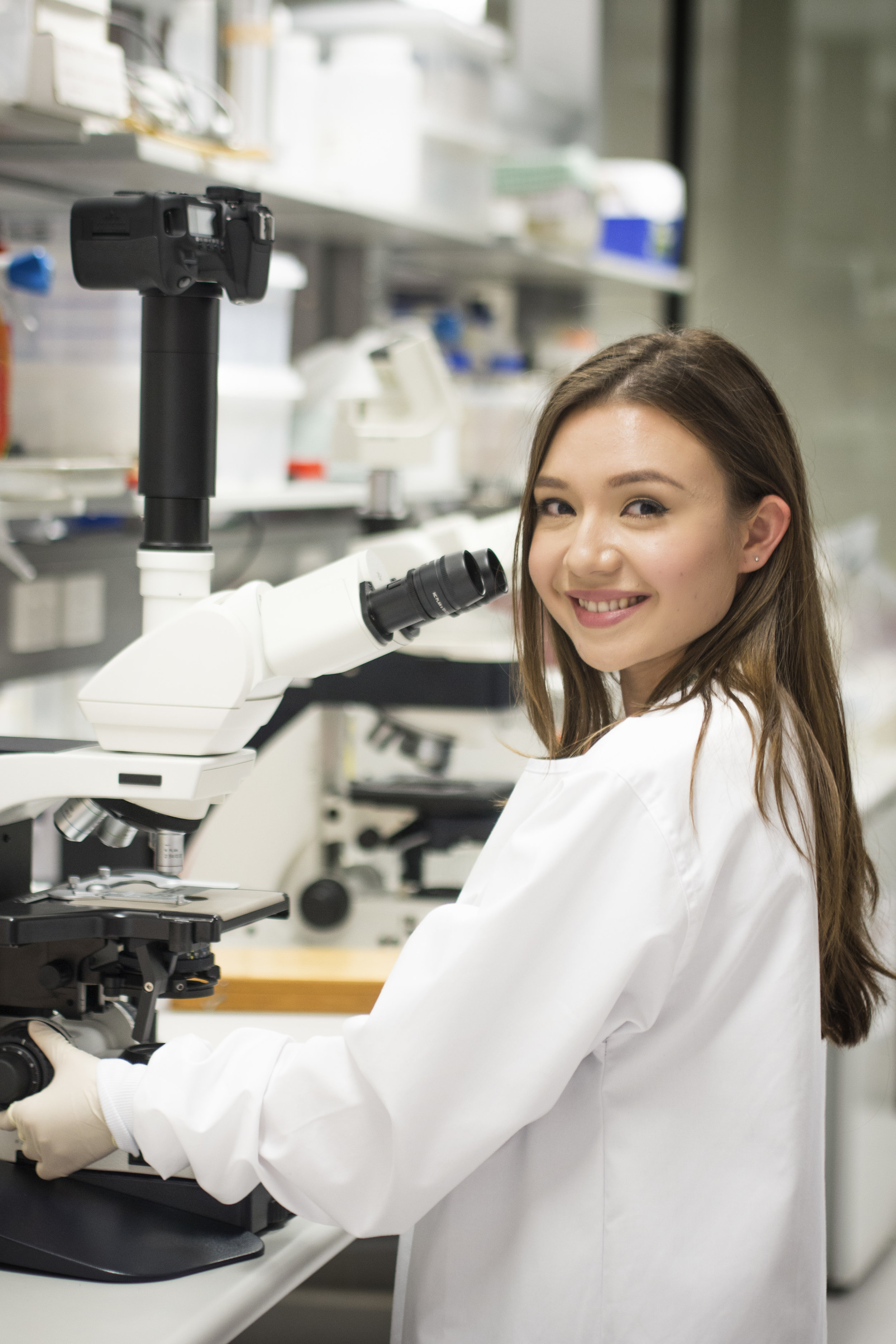
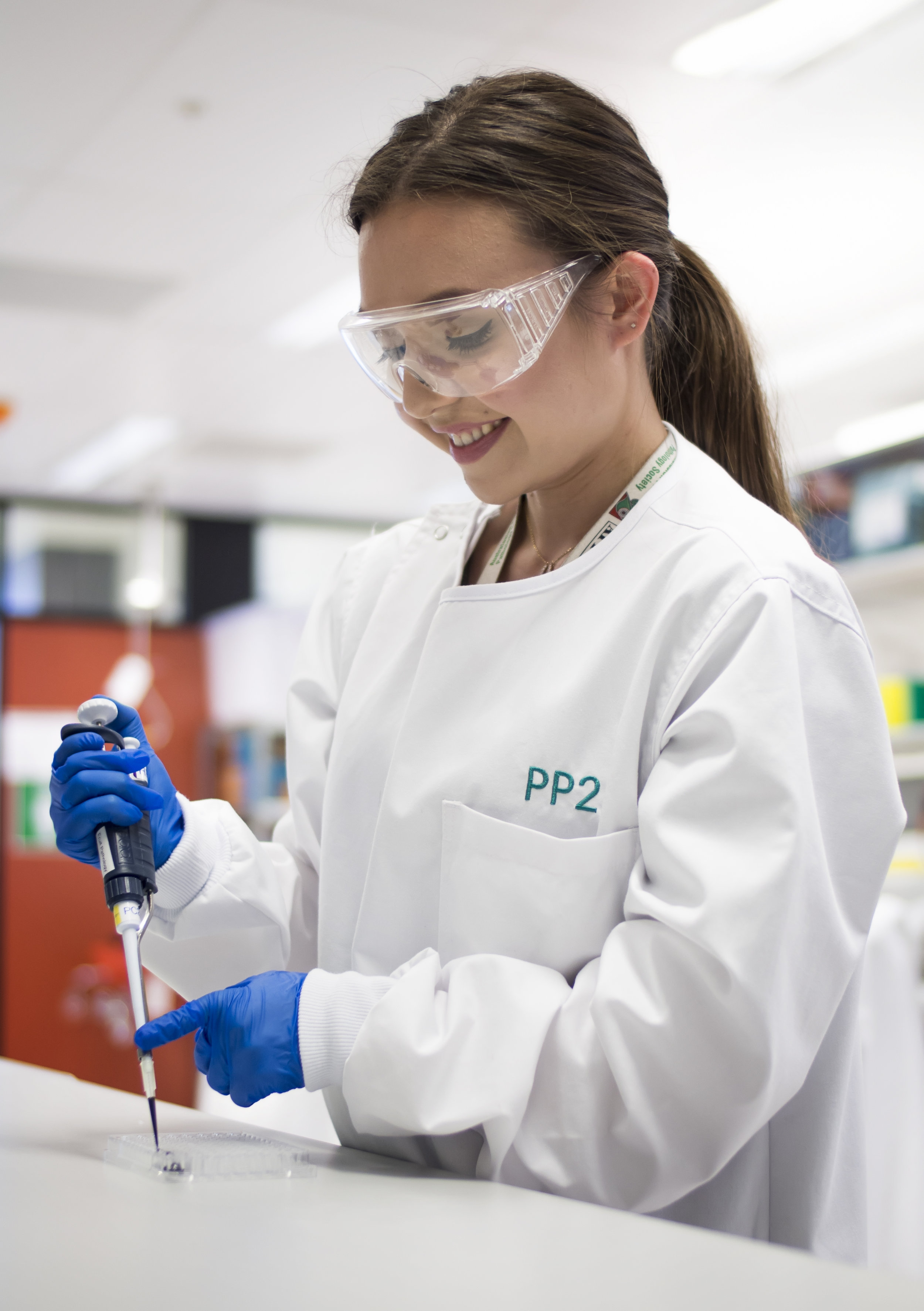
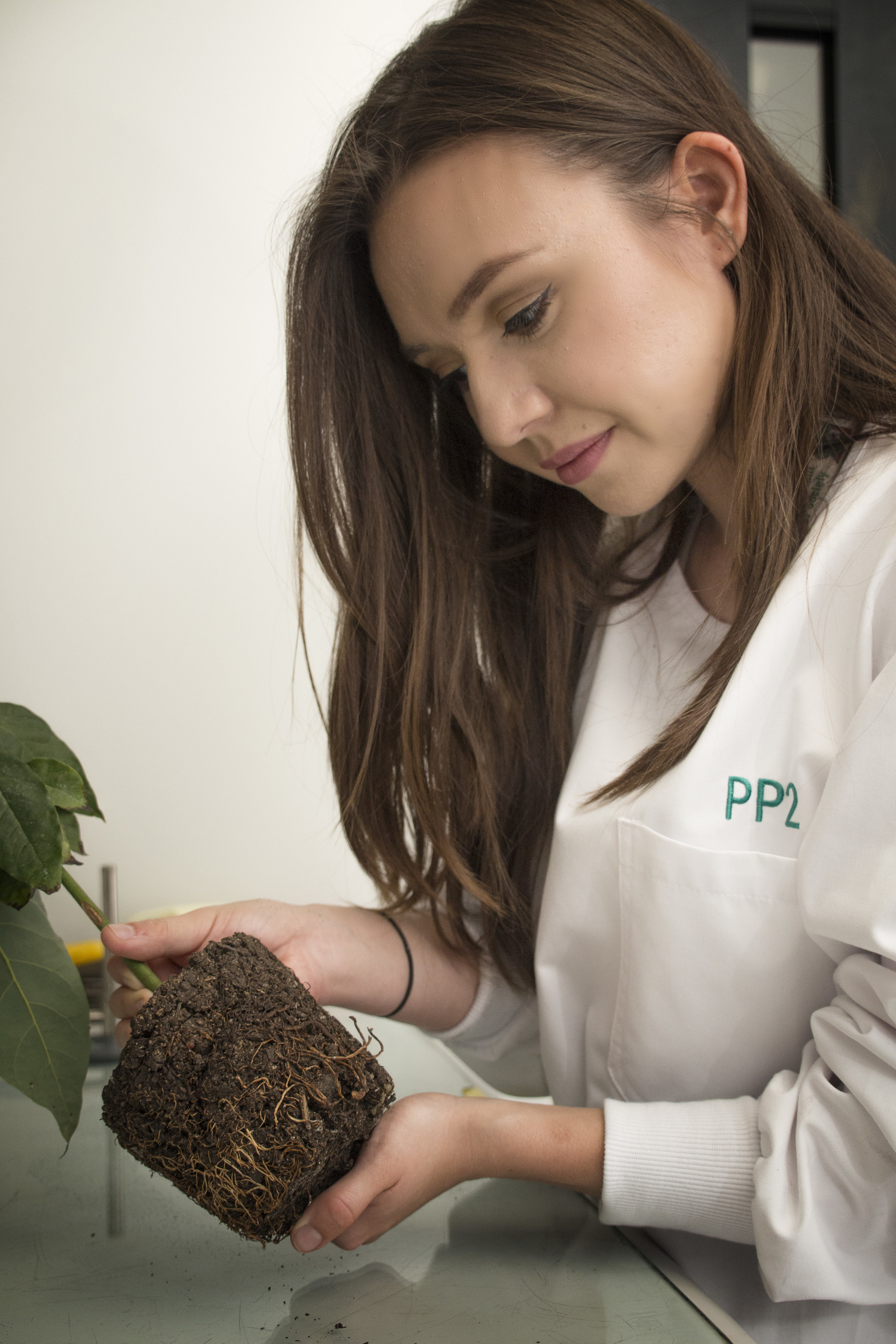
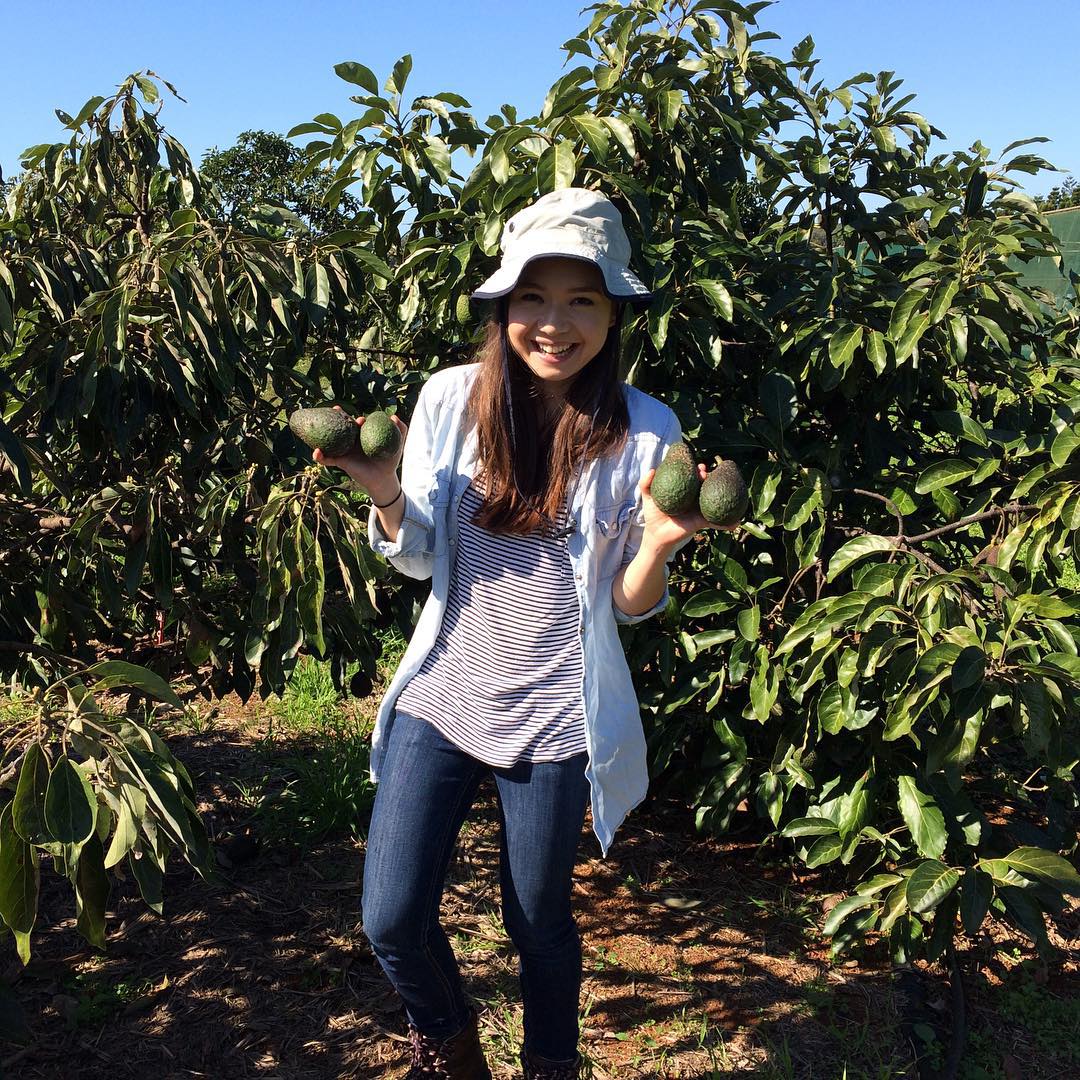
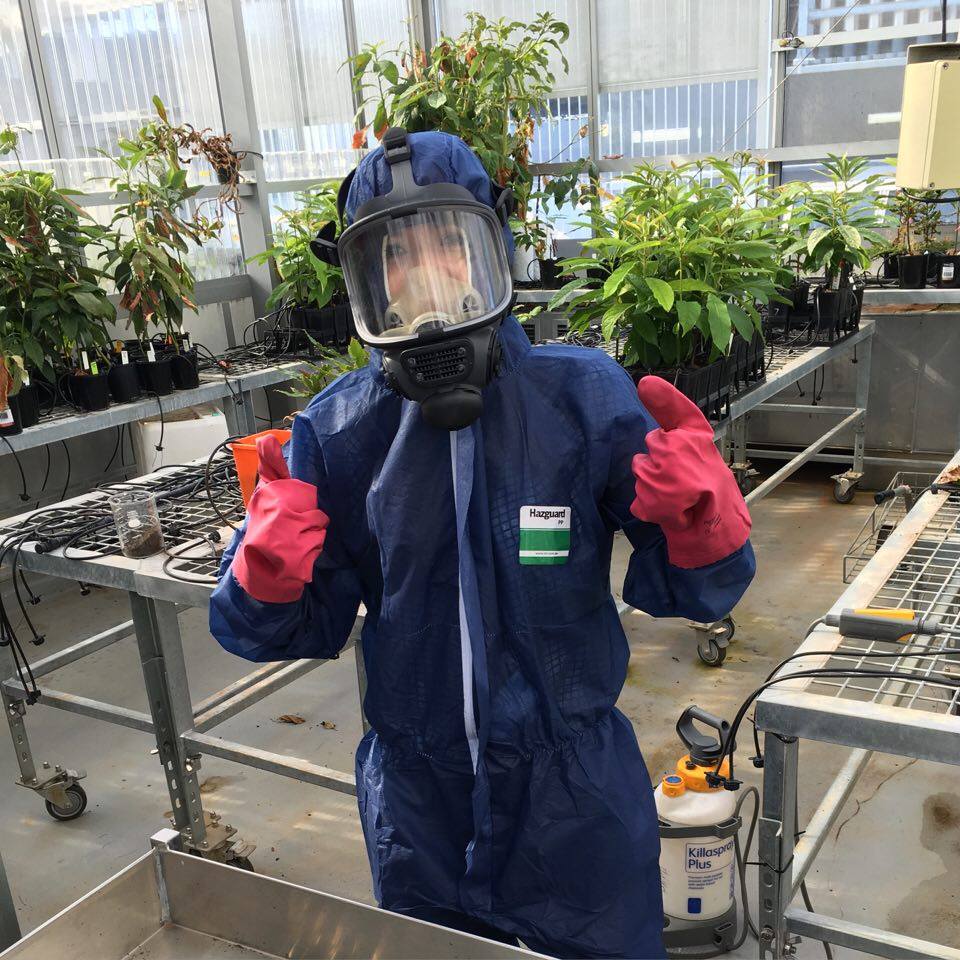
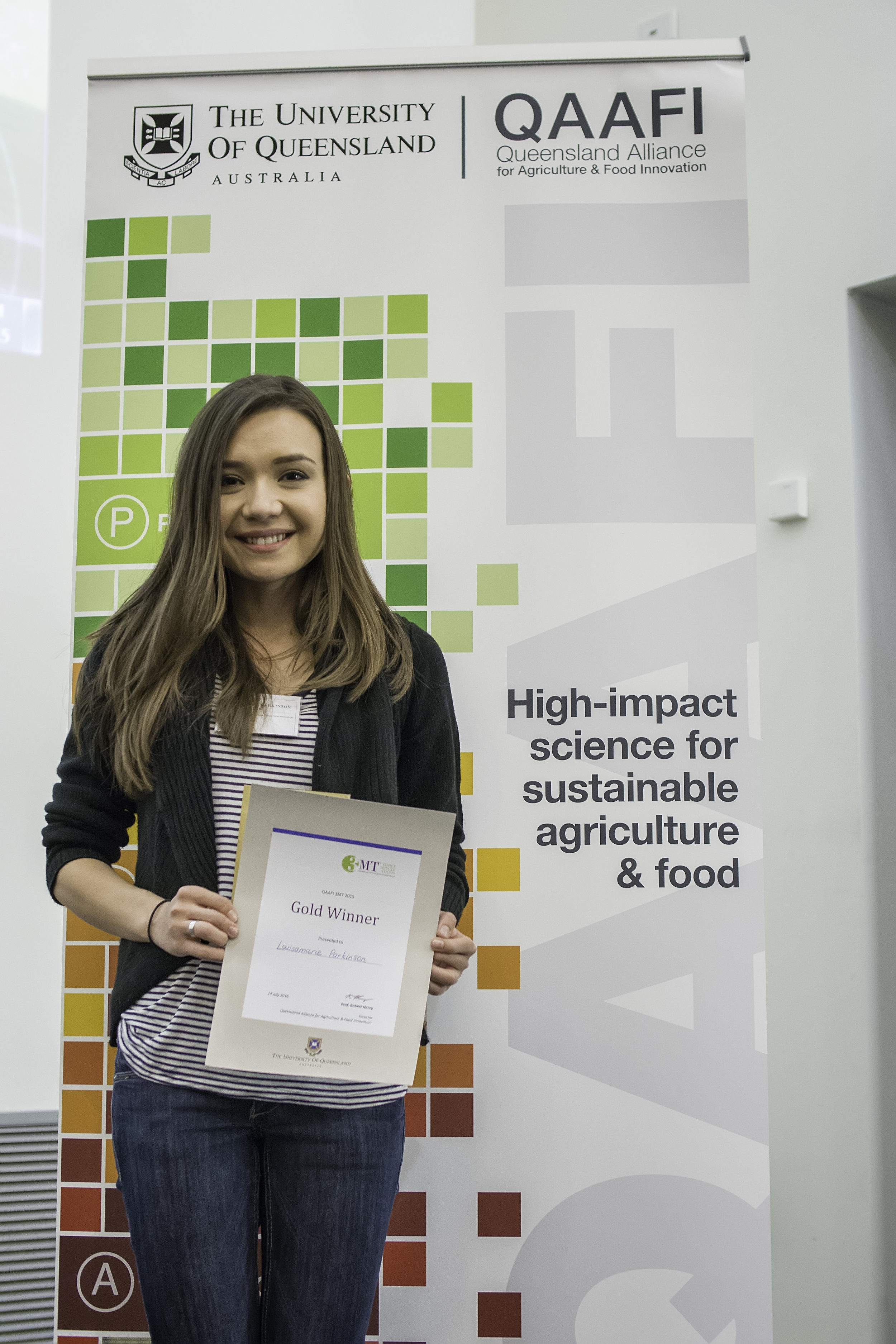
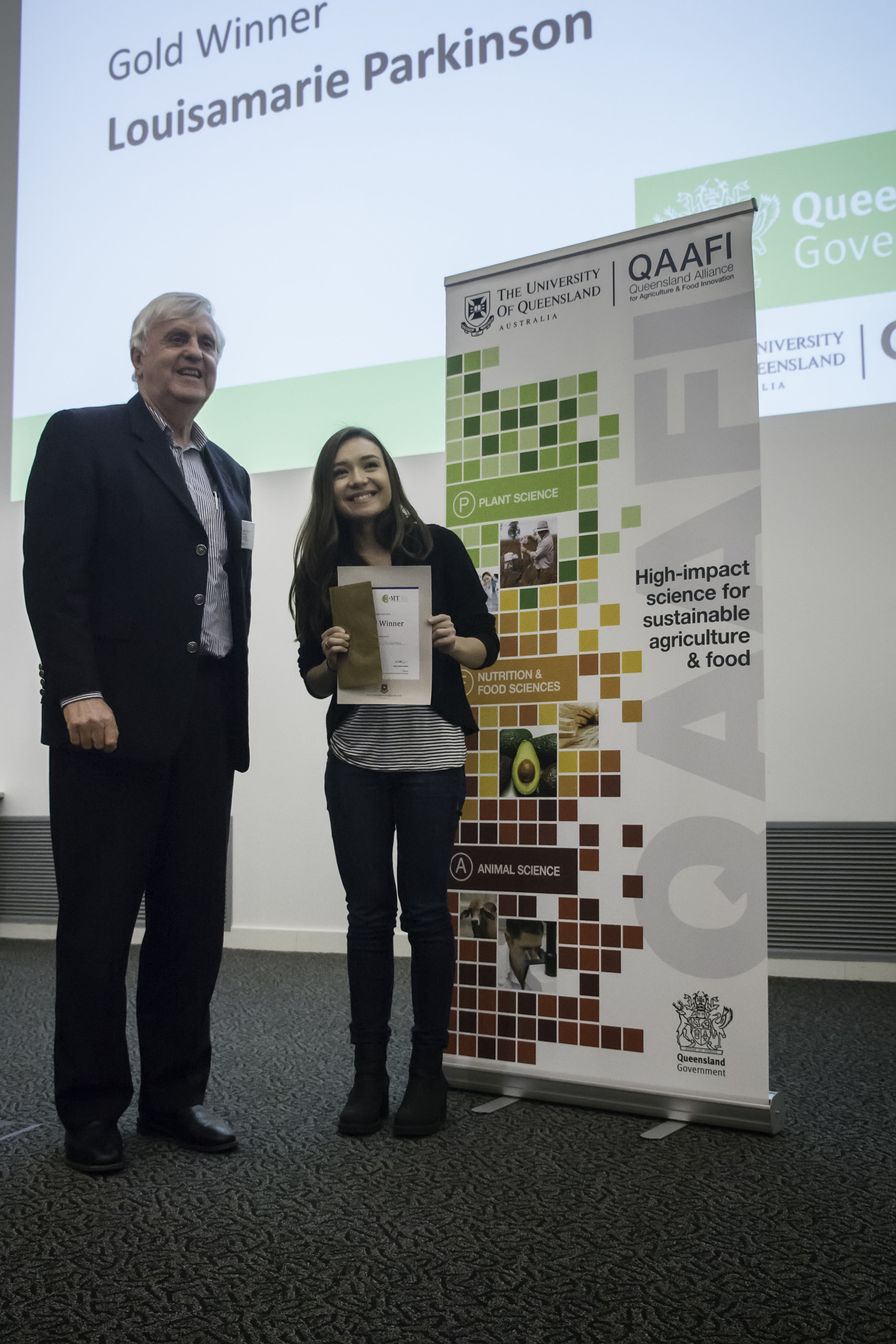
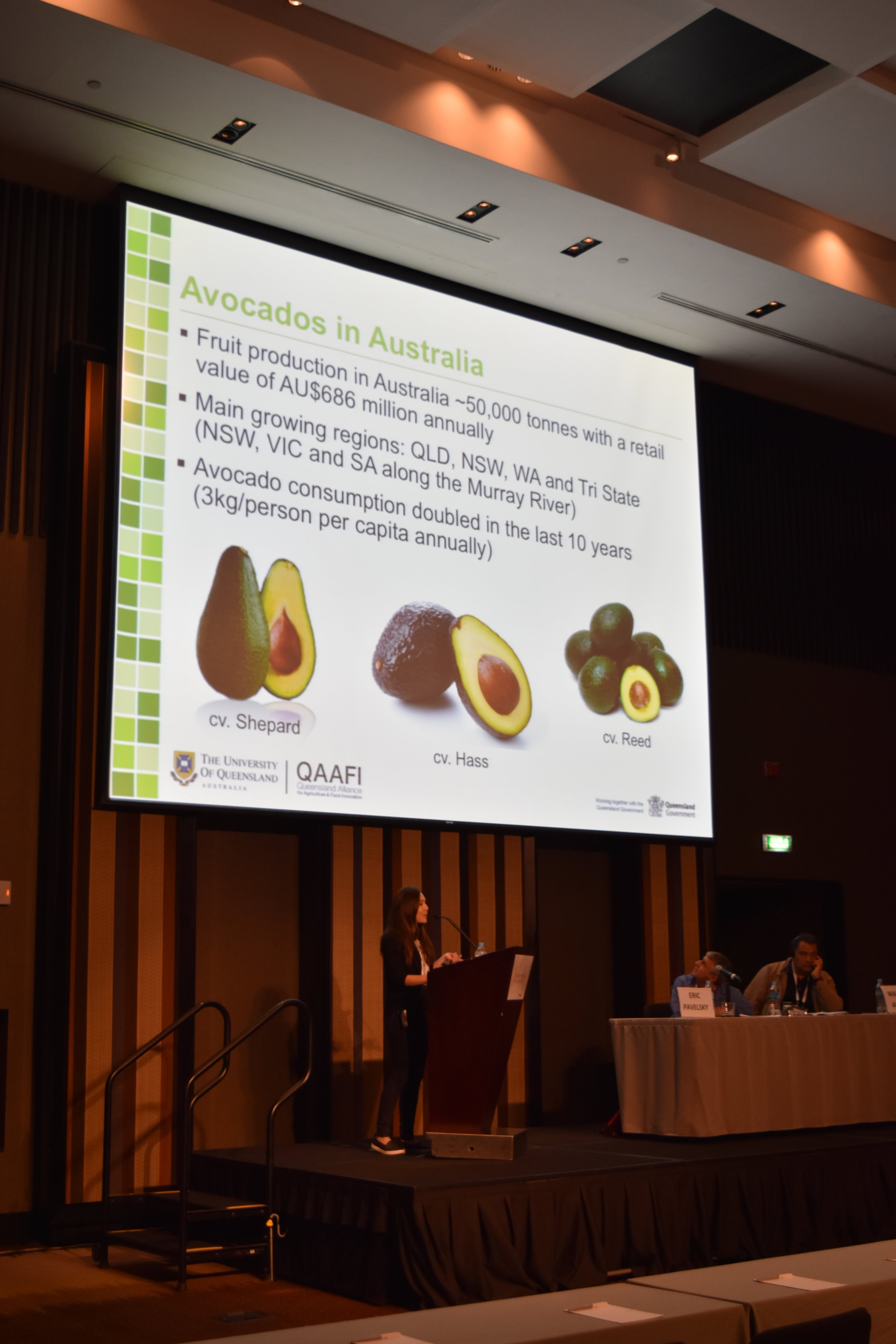
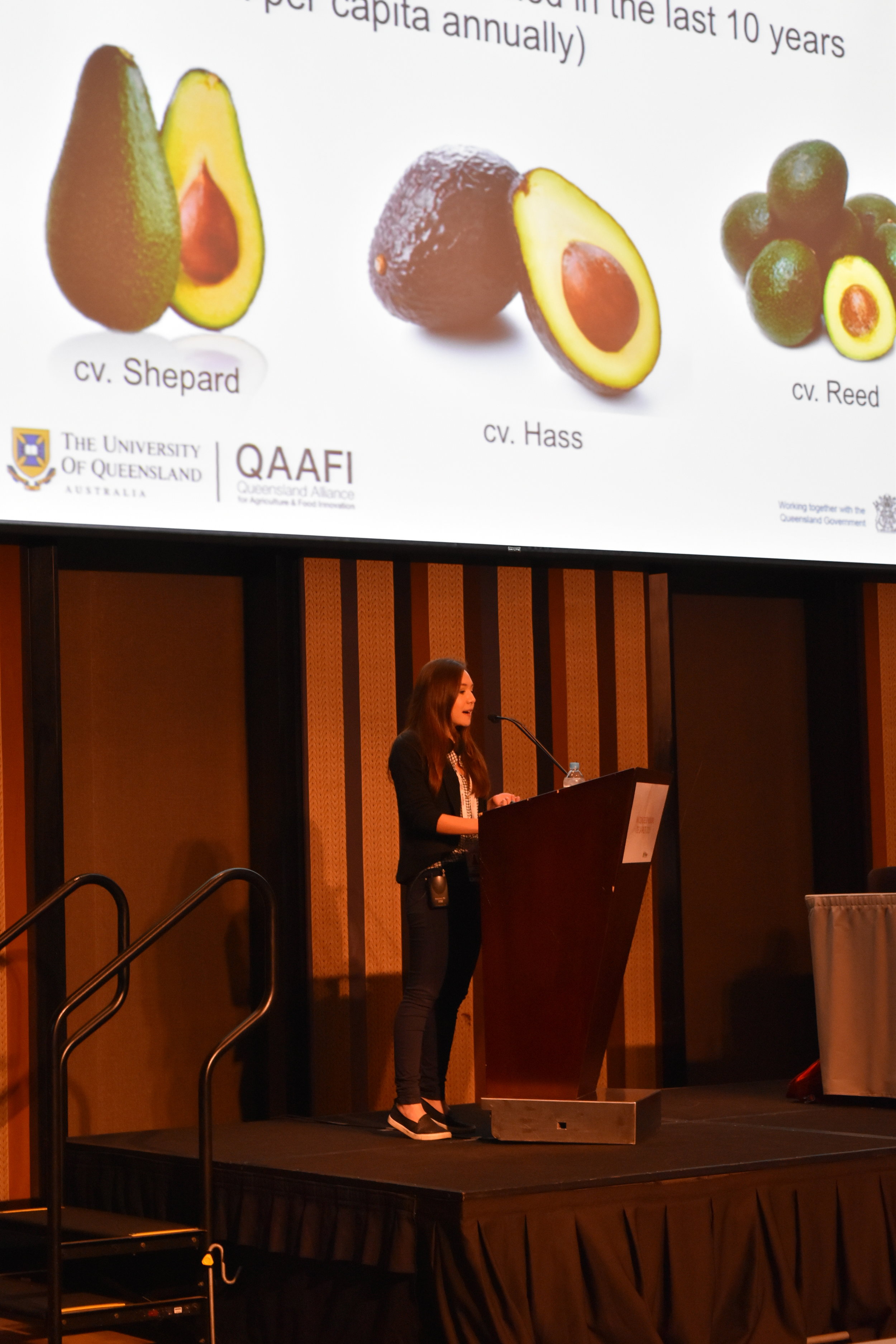

Scientific Research Themes
2013–2017 PhD Research: “Investigating soilborne nectriaceous fungi impacting avocado tree mortality in Australia”
(October 2013 – April 2017)
Black root rot disease caused by soilborne fungal pathogens in the Nectriaceae family, is a severe disease of avocado trees, causing tree stunting, wilt, black, rotten and necrotic roots, and rapid tree decline and death and within a year after planting. Black root rot attributes to severe commercial loss of avocado nursery trees and young orchard transplants. The PhD research investigates the nectriaceous fungal genera associated with black root rot of avocado in Australia.
Key research activities:
- Identifying nectriaceous fungi (with microscopy, gene sequencing and phylogenetic analyses), collected from symptomatic roots of nursery, orchard transplant and established avocado trees from all growing regions in Australia.
- Formally classifying and describing new fungal species.
- Glasshouse pathogenicity tests of nectriaceous fungi on avocado seedlings.
- Investigating the roles of phytotoxic exudates produced by nectriaceous pathogens on disease development.
- Designing and developing a molecular diagnostic for the rapid detection of nectriaceous pathogens in avocado roots.
The work in identifying nectriaceous fungi with gene sequencing and molecular phylogenetic analyses has resulted in the discovery of new fungal species published in the scientific journal, Mycoscience, in 2017. The pathogenicity studies has established new disease records for avocado pathogens in Australia and was published in the journal, Phytopathology, in 2017.
(Publication links: Mycoscience Journal Phytopathology Journal)
2012–2013 Undergraduate Honours Research: “Investigating the efficacy of Bion® (acibenzolar-S-methyl) for treatment of passionfruit woodiness disease in Passiflora edulis f. sp. flavicarpa and resistance to Passionfruit woodiness virus (PWV) in Australian native and naturalized Passiflora species”
(July 2012 – July 2013)
The study investigated the efficacy of the plant defence activator, Bion® (Acibenzolar-S-methyl), on Australian commercial passionfruit (Passiflora edulis f. sp. flavicarpa) for improving resistance to passionfruit woodiness disease, caused by Passionfruit woodiness virus (PWV). Bion® was found to significantly increase resistance to PWV, improving disease symptoms, reducing PWV particles and increasing systemic plant defence enzyme production. This was the first conclusive report of Bion®-mediated defence activation of resistance to PWV in passionfruit. The research highlights a potential improvement to current disease management programs through the application of defense activators. Native and naturalized Passiflora spp. were screened for resistance or susceptibility to PWV and found to be susceptible. The Honours research was published in the journal, Australasian Plant Pathology, in 2015.
(Publication link: Australasian Plant Pathology Journal).
Key research activities:
- Disease symptom assessment of commercial passionfruit vines treated with Bion® and inoculated with PWV.
- Double Antibody Sandwich ELISA to quantify the relative amount of PWV particles in Bion®-treated commercial passionfruit inoculated with PWV.
- Defence enzyme (chitinase and β-1, 3-glucanase) assays for measuring induced systemic defence enzyme activity in Bion®-treated plants inoculated with PWV.
- Collecting native and naturalized Passiflora spp. and identifying the plant species with gene sequencing.
- Inoculating Passiflora spp. with PWV and screening for resistance or susceptibility using Reverse Transcription PCR (RT-PCR).
- Data analyses using Genstat software (14th edition, VSN International Ltd).
- Preparing a manuscript for publication in a peer reviewed journal.